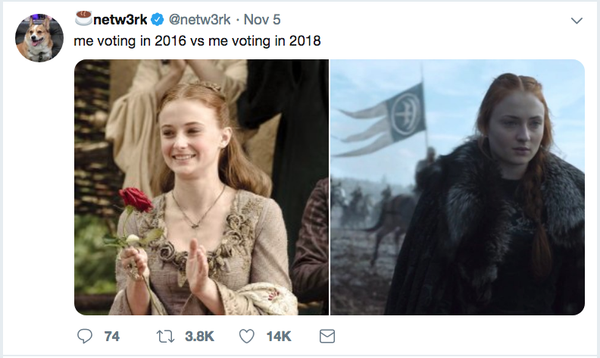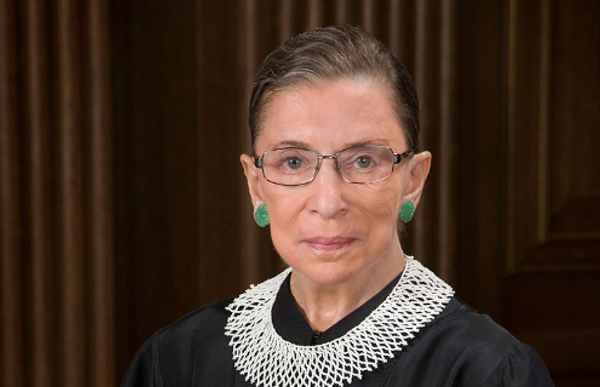I'm taking this really cool class right now that combines dance with writing to talk about social justice issues.
I know, sounds super artsy. This is exactly what I came to this school for.
Anyway, in class, we've been talking about protests and bodies, how your body takes up space and becomes political.
Naturally, the discussion moved to non-violent protests. Yup, that good ol' Gandhi non-violent protesting. That, "You slap me, I offer you the other cheek," protest. When we read about that kind of protest in history books in primary school, it seemed nothing but noble. "That's so cool! I want to be non-violent always too!" is what naive me would always think in school.
I was influenced, yes, partly by the fact that Gandhi was Indian just like me. We barely ever talk about Indian things in school, so when we talked about him (in context of MLK's non-violent, peaceful protests), I was inspired and in awe. I wanted to be like him. So, in theory, I always thought that was the way to go.
In fact, I even tried to adopt those fundamentals in my actual life. In elementary school, I was bullied on the bus. Oh relax, it's not a big deal. Clearly, I have no self-confidence issues, so it's fine. But anyway, I was bullied, and I was always looking for ways to deal with it. So one day, my dad, with all his years of wisdom, suggested that I use the Gandhi tactic and "offer the other cheek," so to speak.
So one day, when the kids on the bus called me ugly and stupid and fat and a foreigner (you know, as kids do), I said to them, "Sure I am. You're right. What else?"
But alas, these tactics really only work with adults who are capable of feeling shame and guilt. Kids aren't. They just don't feel compassion (usually). Kids bully for reactions, like someone getting mad, sad or something of the likes. Saying something like what I said isn't the reaction they're looking for, but it is comical to them. It only made the bullying worse.
So clearly, in that situation, the other-cheek approach just didn't work. But in these other historic, nation-wide protests, about issues that actually matter, non-violent protests worked. Which means theoretically, non-violence works.
But have you ever stopped to consider what that means? What a non-violent protest really means?
We read a piece of literature in this class that made it apparent and loudly so.
Non-violence means not hitting back, ever. That means not stopping the violence being afflicted upon you. Because in the moment, stopping physical aggression takes physical aggression.
You're being beaten, by fists, by sticks, by weapons. But you can't fight back. Instead, you've been taught in your training to simply place your body in a position that protects your vital parts. You have been taught that when your friends are getting beaten, you simply place your body in the way in order to dissipate the blows so that no single person gets hurts too much.
Um, what? That is unfathomable to me.
Call it my karate training, call it my tenacity, but I could never sit by while someone I knew was getting beaten, while I was getting beaten. I just couldn't. When I stop to consider what non-violence really means, I find that I couldn't do that. I couldn't not fight back.
Or could I?
Is it possible that life could be non-violent? Imagine that kind of love, where you shared the blows with your friends so they wouldn't get hurt too much. Imagine that kind of world where you wouldn't ever need to do this because no one was trying to hurt you. What would society look like if we all adopted non-violence?
There wouldn't be dead children as products of school shootings, as victims of Nikolas Cruz's or Dylan Klebold's and Eric Harris's, that's for sure. That seems like a utopia that's hard to achieve.
I feel like I can't give up my ability to strike back because the realities of a violent society have taught me so. But the idea of non-violence seems wise when you think about it in the context of these kinds of atrocities.
Gun control is not a violation of your rights. It's a protection of everyone's right to life and liberty. Choose non-violence.



















